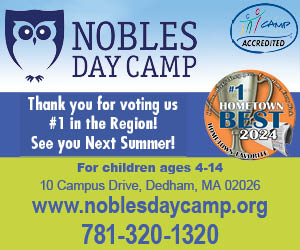[ccfic caption-text format="plaintext"]
By Rama K. Ramaswamy
The origins and enjoyment garnered by playing board games dates as far back as ancient Mesopotamia to the Aztecs to classical Greece. In fact, quite a few presidents were board-gamers. Abraham Lincoln, for example, played backgammon with his sons. Founding fathers Franklin, Jefferson, and Madison were ardent players of chess. Even military-minded Dwight D. Eisenhower played bridge with his fellow officers into the wee hours of the morning. Analog games can be played anywhere, anytime without the requirements of electricity or batteries and even the simplest ones - all chance and no skill - can teach children things like pattern recognition, sequencing, color and shape identification and counting. According to education psychologists, board games that include linear number trails have been shown to enhance numerical comprehension. These are but a few benefits of frequently playing board games.
“I put together this Game Night as a fun event for youth entering sixth through eighth grades so they could play tabletop games that are gaining popularity, but aren’t so traditional, like Talisman: The Magical Quest Game, Settlers of Catan, Lords of Waterdeep, or Ticket to Ride,” said Amanda Brown, Children’s Librarian at the Wellesley Free Library (WFL). “These are games that the kids may have heard of, but they may not have had the chance to play. Traditional games, like Monopoly, Clue, Taboo, or any other that they may have played at a family game night were not going to be there; hence, the ‘Not Your Mother’s’ part of the description.”
Children and parents who attended also brought in some of their favorite games to play. Chips, popcorn, cookies and beverages were served, and according to Brown, “it seemed like everyone had a really good time.” A majority of attendees preferred playing Settlers of Catan over other choices, as the game involves “levels of strategy” according to one parent. In this game, the players assume the roles of settlers, each attempting to build and develop holdings while trading and acquiring resources. Players are rewarded points as their settlements grow; the first to reach a set number of points (typically 10), wins. The children and parents who participated engaged in what they termed, “constructive competition” and “pressure-free socialization.”
Tune in for similar excellent events at the Wellesley Free Library.






















